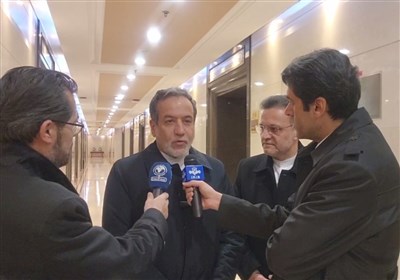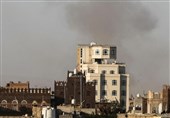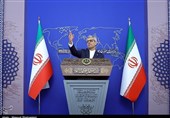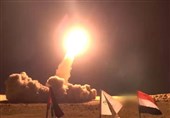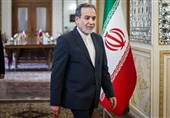China, Russia Say United against South Korea
TEHRAN (Tasnim) – China has a range of economic, diplomatic and military options to retaliate if the US and South Korea proceed with deployment of an advanced missile defense system, experts said, as Beijing remained vague in its threats against the plan.
Such steps could raise the stakes for Washington and Seoul in a controversial deployment that China regards as a major security threat, while complicating matters for South Korea as it faces domestic political divisions and significant public opposition.
China’s official media said Beijing and Moscow agreed to take “further countermeasures” in response to the plan during security talks between the two countries in Moscow, AP reported.
The countermeasures will be aimed at safeguarding interests of China and Russia and the strategic balance in the region.
A Chinese Foreign Ministry spokesman Friday said only that China has a legitimate right to defend its security interests.
“China believes it is a serious threat to China’s security interests and for the region,” Lu Kang said at a daily briefing. “I believe that as long as our country has legitimate security concerns, it is understandable that necessary measures be taken to safeguard such interests.”
Washington claims the proposed Terminal High-Altitude Area Defense, or THAAD, radar system aims to guard against North Korean missiles, a threat that drew renewed attention after North Korean leader Kim Jong Un announced in his annual New Year’s address that the country had reached the “final stages” of developing an intercontinental ballistic missile.
China has campaigned relentlessly against the deployment, warning of unspecified retaliation and leading to a sharp downturn in relations with Seoul. China says the system’s powerful radar can peer deep into its territory, allowing the US to monitor flights and missile launches and potentially making it capable of launching a pre-emptive strike.
China’s efforts could now be bearing fruit, with a possible South Korean presidential contender saying last month that THAAD’s security benefits would be outweighed by worsened relations with China and Russia.
So far, Beijing has only hinted at economic retaliation against South Korea, with scattered reports of canceled visits by South Korean film stars and singers and shipments of South Korean cosmetics being held up at customs.
China might also exert pressure by canceling planned or potential business deals and cultural or educational exchanges, said Denny Roy, a senior fellow at the East-West Center in Honolulu, Hawaii.
It could also send Chinese coast guard ships to escort fishing boats into waters claimed by South Korea, dispatch military aircraft and ships into South Korean air and sea space and suggest that it might do less to restrain North Korea from provocative behavior, Roy said.
“China still has a large number of strings it could pull to punish South Korea,” he said.
Militarily, Russia and China could deploy more missiles, especially those with maneuverable warheads to overwhelm THAAD, along with the use of decoys and attempts to jam the system, analysts say. In addition to withholding help on North Korea, Russia could also harden its position in Syria, where it is allied with Bashar Assad’s government against anti-regime forces friendly to the United States.


